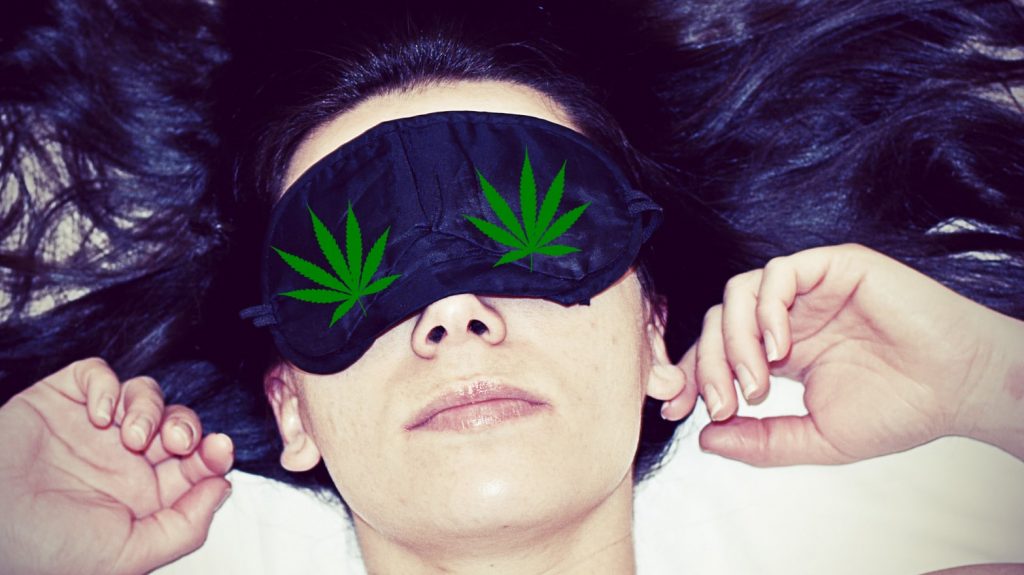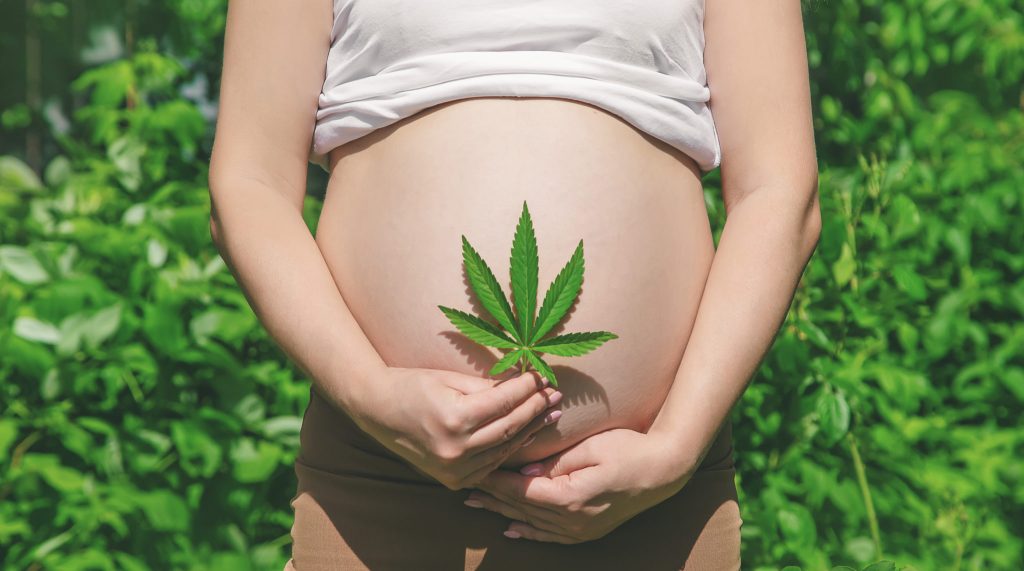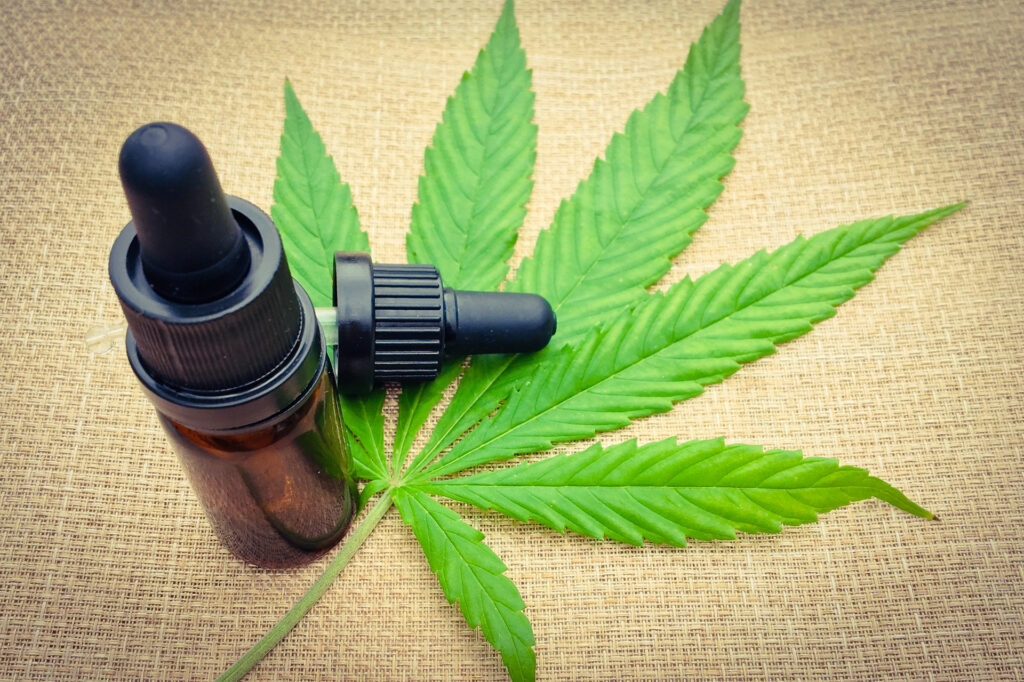The severity of insomnia typically worsens as we age. Every year after puberty it becomes more difficult to fall asleep and stay asleep. Insomnia leaves us feeling dissatisfied with our sleep and facing the new day with fatigue, low energy, difficulty concentrating, generalized anxiety and decreased performance in work or at school. There are many causes for insomnia, including changes in our sleeping environment, shift work, clinical disorders such as depression or mania and most medications. Over-the-counter and prescriptions medications are common solutions for the complex causes of insomnia.
Unfortunately, the treatment options currently available do not help most people who suffer from insomnia. A drug that can produce a normal sleep pattern does not currently exist. Worse, our current medications show tolerance with repeated use that requires us to take higher and higher doses. Ultimately, when we finally stop taking them, we suffer with unpleasant withdrawal symptoms, primarily severe insomnia. The insomnia is made worse by the terrible nightmares that occur during the first few nights of sleep after stopping many of the most popular prescription medications.
The internet offers many claims that marijuana, or one of its components, such as THC or CBD, can treat insomnia and provide a night of restful sleep. Is this true? This is what we know from the relatively few well-controlled studies that have been performed.
Medical marijuana is as safe as the standard OTC and prescription medications currently available. However, medical marijuana shares many of the same problems associated with standard OTC and prescription medications. The use of medical marijuana does not improve sleep quality or reduce the severity of insomnia. Marijuana dose-dependently produces poor sleep quality. The reason that marijuana does not improve sleep quality is related to the fact that the endogenous cannabinoid neurotransmitter system in our brain is not directly involved in the onset or maintenance of normal sleep cycles. Therefore, marijuana cannot, and does not, produce normal sleep patterns. Marijuana increases the lighter stages of sleep, known as NREM slow wave sleep; consequently, it decreases the amount of time spent in REM sleep. REM sleep is usually called dream sleep. Not getting enough REM sleep has many bad consequences, such as an increased risk for obesity, significant memory problems and mood disorders. Getting adequate REM sleep is critical for people with bipolar disorder. Depressed patients who used cannabis reported significantly more sleep impairments. Using marijuana to help fall asleep was also associated with frequent night-time awakenings.
Marijuana might be useful for people who suffer with chronic pain disorders. One study found a marked improvement in subjective sleep parameters provided by the patients with a wide variety of pain conditions including multiple sclerosis, peripheral neuropathic pain, intractable cancer pain and rheumatoid arthritis. Chronic pain, neurological illness, and sleep disorders are clearly comorbid conditions with insomnia. Marijuana likely improves sleep via its ability to reduce pain symptoms.
Cannabidiol (CBD), a constituent of marijuana, was much worse than marijuana. CBD disrupted sleep patterns by reducing both NREM sleep and REM sleep. CBD alone is useless for insomnia.
Similar to currently available medications, nightly use of marijuana produces tolerance that requires higher and higher doses. Withdrawal from marijuana use is associated with poor sleep quality and insomnia. Thus, overall, the available evidence shows that medical marijuana is not superior to currently available medications. The use of marijuana for the treatment of insomnia is associated with side-effects that are similar to those associated with standard insomnia therapies. Overall, the use of medical marijuana for insomnia should be limited to only occasional use in order to avoid the development of tolerance, rebound insomnia and the negative consequences of long-term REM sleep suppression upon daytime cognitive functioning.
© Gary L. Wenk, Ph.D. is the author of Your Brain on Food, (3rd Edition, 2019; Oxford University Press). Dr. Wenk conducts pre-clinical studies on medical marijuana. (Original Text)





